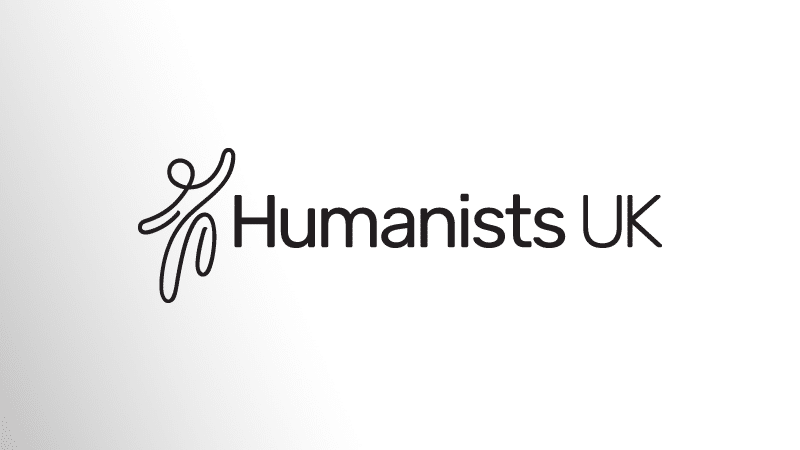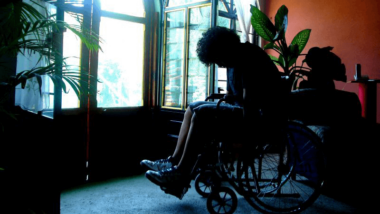Humanists UK and the All-Party Parliamentary Humanist Group (APPHG) are calling on the Government to legalise assisted suicide.
Henry Marsh, a patron of Humanists UK, has sought to bolster the campaign following his diagnosis with advanced cancer.
But opponents have raised serious concerns about the threat posed to vulnerable people by a change in the law.
Claims
On 31 March, co-chairs of the APPHG Crispin Blunt MP and Baroness Bakewell DBE wrote to the Secretary of State for Justice and urged him to set in motion a review into “the UK’s laws on assisted dying”.
The letter, signed by over 50 MPs and Peers, claimed that the police were increasingly “turning a blind eye” to people travelling to Switzerland for assisted suicide.
In a coordinated move, Marsh wrote in The Times that he feared the possibility “of a slow, undignified and painful death” following his terminal cancer diagnosis.
He accused politicians of “a striking lack of compassion” and “great cruelty” for not supporting a public inquiry or promoting legislation.
‘Widespread misinformation’
But palliative care expert Baroness Finlay of Llandaff and former Liberal Democrat MP Lord Carlile of Berriew QC denied that the law condemned people like Marsh to suffer.
Writing to The Times in response, the peers said: “As a doctor, surely he knows that he can halt any life-prolonging treatment he is receiving at any time? If he does so, his doctors have a duty of care to alleviate any pain or other symptoms of his illness; given today’s specialist palliative care, in which Britain is a world leader, those are far from being empty words.”There is widespread misinformation being spread by campaign groups about the law
They added: “What the law does prohibit is his intentional killing. This is a necessary protection if vulnerable people are to be protected. There is widespread misinformation being spread by campaign groups about the law.
“Existing law and procedure combines the deterrence of malicious activity with the discretion to be applied compassionately where the circumstances justify.”
Failed arguments
Ethicist Professor John Keown, also writing to The Times, called some of Marsh’s arguments: “wayward”.
The professor stated that “the issue has been considered by parliament for almost 30 years, including by two select committees of the House of Lords.
“Campaigners have repeatedly petitioned the courts. Their arguments have, in short, received repeated, close and careful consideration, and have failed.”
Keown warned that removing safeguards would lead to a “slippery slope”, as witnessed by the “disturbing experience of legalisation in jurisdictions such as the Netherlands, Belgium and, now, Canada”.
‘Greater cruelties’
Responding to Marsh by letter in The Guardian, former Labour MP Liz McInnes also raised concerns.
She said: “Henry Marsh accuses politicians of ‘great cruelty’ by not introducing such a law, but in the current health and care climate, there is potential for such a law to introduce even greater cruelties.”There is widespread misinformation being spread by campaign groups about the law
McInnes added, “if assisted dying were legalised there is a danger that it would begin to be seen as an alternative to treatment and care.
“There is a risk of vulnerable disabled and terminally ill people being pressurised by relatives and the medical profession to consider assisted dying as a treatment option.”
Defeated
In 2015 the House of Commons voted by 330 to 118 against legalising assisted suicide.
During the debate in Westminster, SNP MP Dr Philippa Whitford spoke out powerfully against the practice.
‘Assault on Scots assisted suicide protections out of touch, dangerous and desperate’
Dutch assisted suicide ‘a cautionary tale’ for UK, experts tell MPs
2,000 Irish medics speak out against euthanasia and assisted suicide
Vulnerable on ‘slippery slope’ to assisted suicide, warns former Cameron aide


